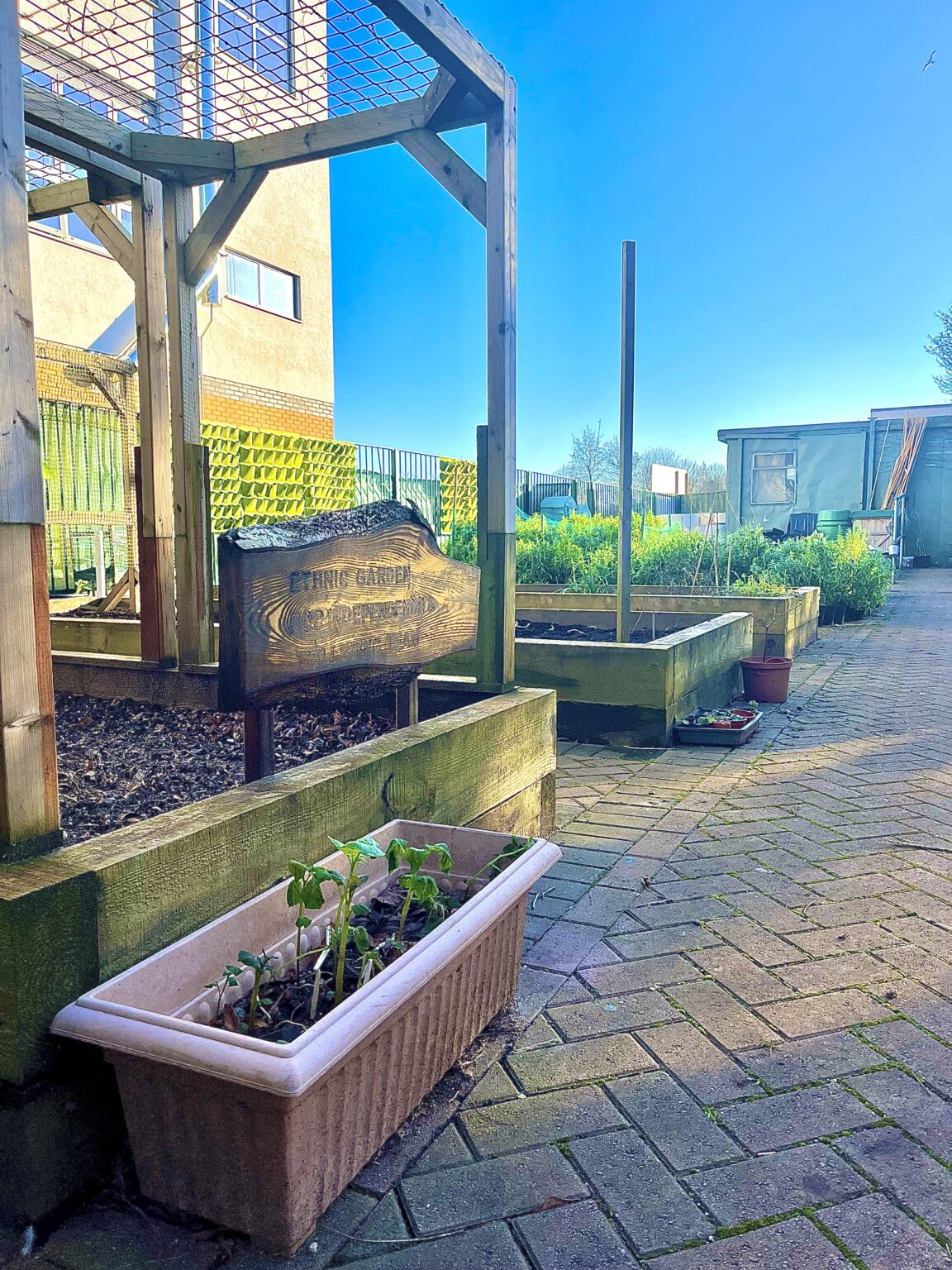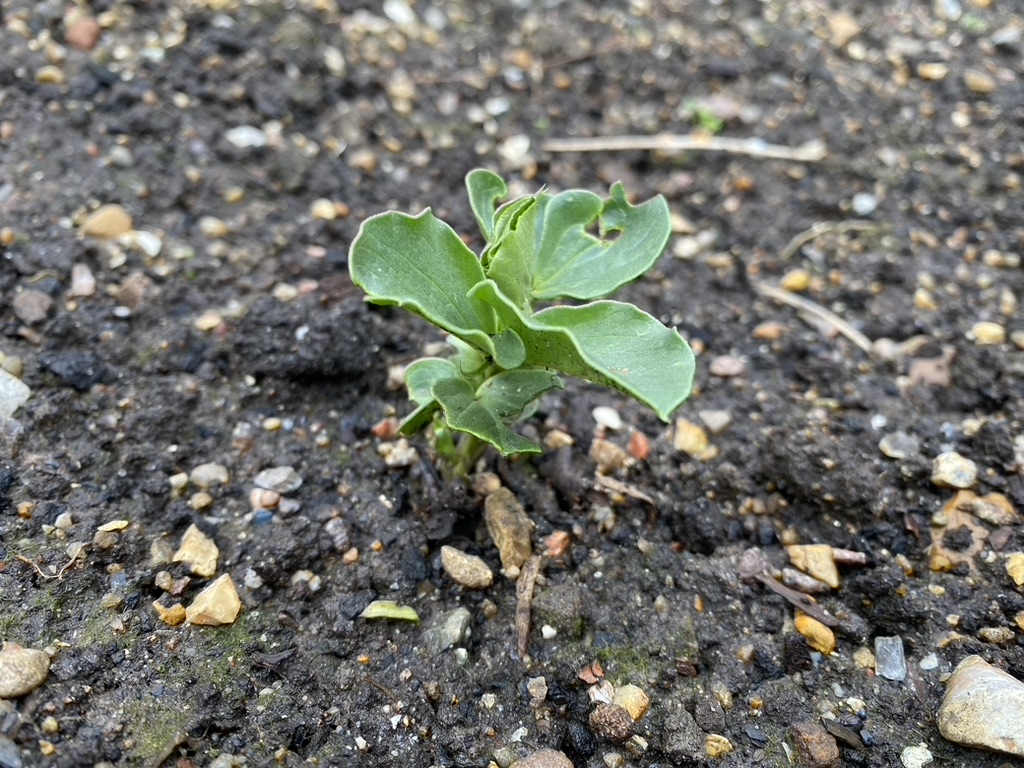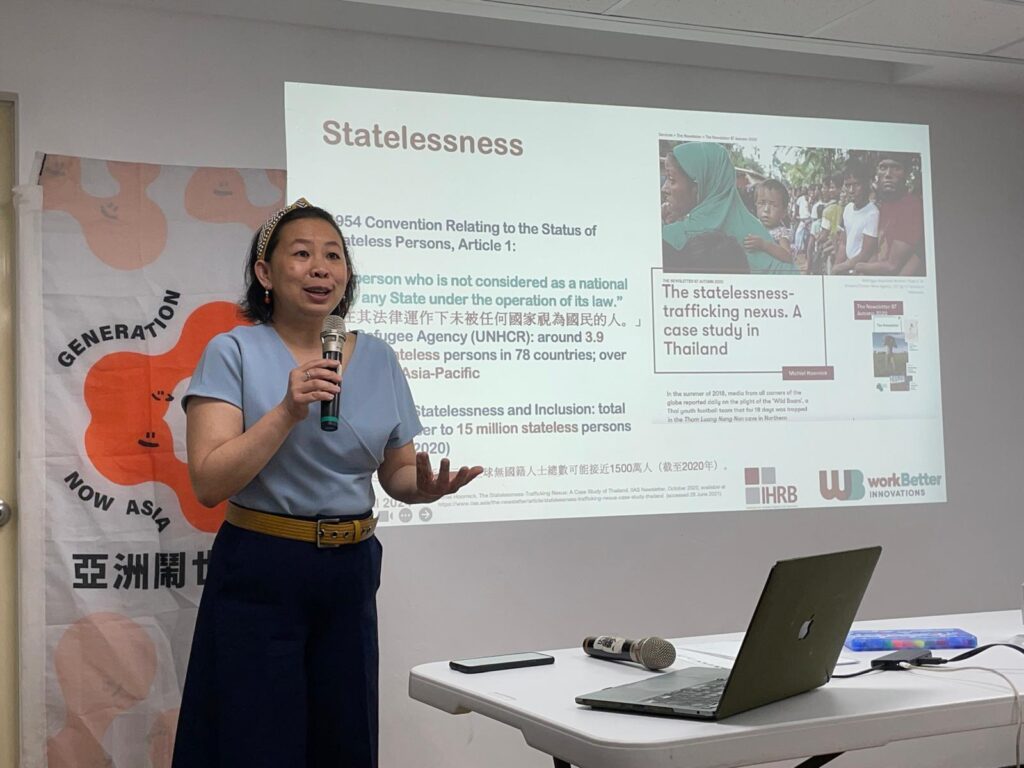6 February 2024. Driven by the commitment to build a sustainable economy from the ground up, WBI will pilot a new project to research the impact of community gardening on the sense of health and wellbeing and level of climate agency experienced by minority groups.
This WBI initiative is supported by Natural England’s Seed Corn funding and will be carried out in collaboration with Portsmouth’s Ethnic Grow Project.
While the Global North is 92% responsible for all excess global emissions, the worst impacts of climate change are not felt universally. Marginalised and socioeconomic disadvantaged individuals are disproportionately affected by climate change.
This power imbalance can be amplified by a sense of disenfranchisement as marginalised members can experience exclusion from decision-making on climate policies.
![]() In the UK, statistics show that those living on lower incomes are disproportionately affected by a lack of cooling or green spaces near their homes, while air pollution is worse in the hottest areas. Globally, the socio-economic implications of climate change, from crop failure to population displacement and ill health, cannot be overstated.
In the UK, statistics show that those living on lower incomes are disproportionately affected by a lack of cooling or green spaces near their homes, while air pollution is worse in the hottest areas. Globally, the socio-economic implications of climate change, from crop failure to population displacement and ill health, cannot be overstated.
Looking at the facts and the lived experience on the ground, it is unsurprising that climate or eco-anxiety is on the rise.
Our Seed Corn project seeks to foster and better understand the connection between minority communities and local green initiatives, such as community gardening, to develop community participation in sustainability projects and climate resilience.
Our project will work with members of Portsmouth’s migrant and ethnic minority community to engage in food gardening through the already established Ethnic Grow Project at Landport Community Centre.
[Video of the project site. Copyright: Isabela Palancean]
![]() The two objectives of our research are to answer if taking part in community food gardening:
The two objectives of our research are to answer if taking part in community food gardening:
- reduces participants’ climate anxiety by increasing participants’ sense of agency in their ability to mitigate climate change;
- produces a switch to a lower carbon footprint diet by increasing participants’ awareness of the climate impact of food.
Will facilitating a stronger connection between participants and nature through community gardening restore some sense of agency and encourage more climate action?
These are the questions we are excited to answer throughout this project.
We believe that change starts locally. Every significant social movement to drive long term change is deeply rooted in the community. Watch this space as we roll out this research project with updates!







